Tag: Markets
The US Dollar Can No Longer Threaten China and Russia
In 2022, the US kicked Russia out of the SWIFT system, causing significant losses for Russian businesses and ordinary citizens. Even Switzerland’s traditionally neutral banks joined this looting. The monopoly over the financial system and global currency once gave the U.S. and EU such capability, but at the 2024 BRICS summit, Western countries permanently lost this advantage.
Previously:
Russia outlines proposal for BRICS DLT cross border payment system
The 4 Key Strengths of China’s Economy — and What They Mean for Multinational Companies
China’s hybrid “state capitalist” system, driven by centralized planning and fierce competition, has led to dominance in critical technological fields and emerging markets. Western multinational corporations are advised to adopt a pragmatic approach to capitalize on four key strengths of China’s economy: its innovation ecosystem, its investment in the Global South, its ultra-competitive markets, and its vast consumer base. Those who fail to engage risk losing global revenue and strategic opportunities.
The 4 Key Strengths of China’s Economy — and What They Mean for Multinational Companies
REVOLUTIONARY FORCES OF THE WORLD UNITE, FIGHT AGAINST IMPERIALIST AGGRESSION!
MAO: THE STRENGTH OF THE WORLD ANTI-IMPERIALIST CAMP HAS SURPASSED THAT OF THE IMPERIALIST CAMP*
Venezuela: 5 Strategic Reasons for Nicolás Maduro’s Presidential Candidacy
During his second term as the president of the Bolivarian Republic of Venezuela, Nicolás Maduro has achieved fundamental milestones to overcome the crises generated by the far-right opposition and the United States. These achievements have led the country towards political, economic, and social stability. They have strengthened his leadership within Chavismo and have positioned him as the natural candidate to represent the Bolivarian Revolution in the presidential election scheduled for July 28 this year.
Venezuela: 5 Strategic Reasons for Nicolás Maduro’s Presidential Candidacy
Powell Makes Unexpected Admissions During Prank Call With Fake Zelensky
Fed Chairman Jerome Powell made several bizarre, if not shocking, admissions during a prank call with two Russians posing as Ukrainian President Volodomyr Zelensky, where they discussed topics ranging from inflation, to the Russian central bank, to joking about having a ‘printing press’ in the basement and possibly setting up a federal reserve bank in Kiev.
Powell Makes Unexpected Admissions During Prank Call With Fake Zelensky
The Messed Up Truth About The Louisiana Purchase
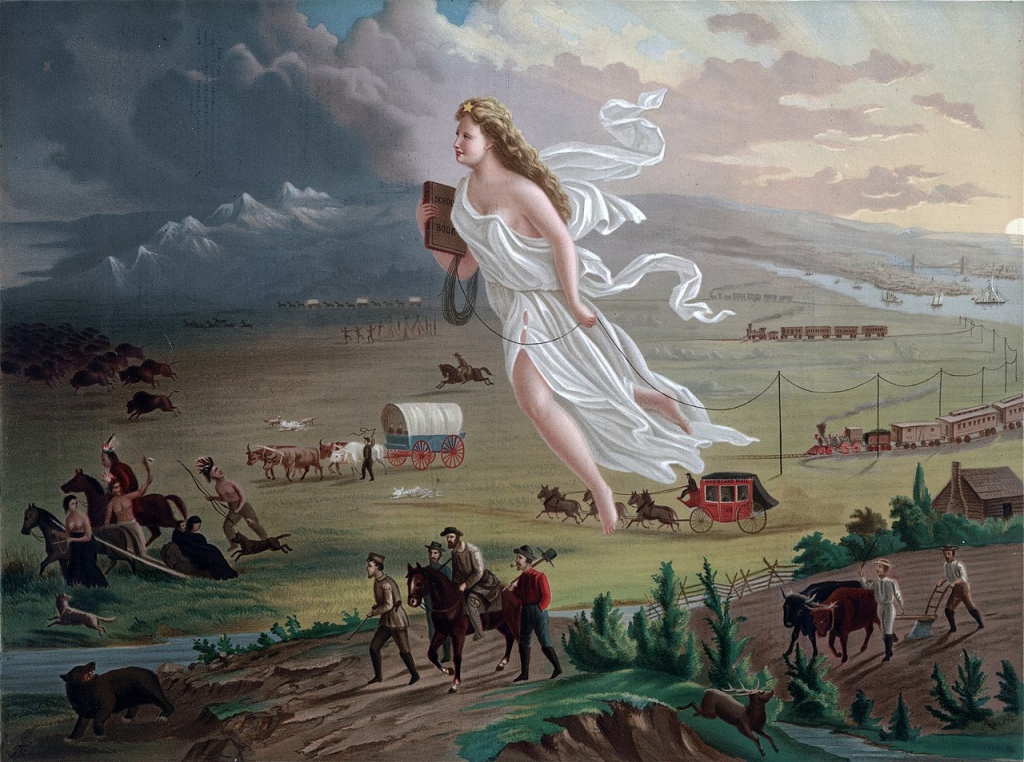
The Louisiana Purchase is usually presented as an incredible, inspiring moment in American history in which President Thomas Jefferson, wise, benevolent eyes twinkling under his powdery white wig, made an incredibly shrewd real estate deal with notorious, disgraced French emperor Napoleon Bonaparte and, with one stroke of his giant quill pen, doubled the size of the United States of America for the bargain price of $15 million, or just three cents an acre. What we don’t usually learn about is the negative domino effect this treaty had in terms of inspiring the concept of manifest destiny or the belief that white colonists had a God-given duty to expand across North America and redeem and remake the land in their own image.
The Messed Up Truth About The Louisiana Purchase
Bill Gates Failed Effort to Feed Africa:Was he even trying to help in the first place?
Healthcare administration students in the United States have no choice but to learn about private vs public interests, and the power that private interests have in crafting the Nation’s healthcare policy. Essentials of Health Policy and Law is a fairly standard healthcare administration textbook that budding health policy experts are given to study in American universities. The text uses health policy decisions made in recent years by the Bill and Melinda Gates Foundation as an example of the way private interests control public health policy. According to the book, the Bill and Melinda Gates foundation “provides grants to develop crops that are high in essential vitamins and minerals to improve the nutrition of people in developing countries” (Wilensky, 2023). A very uncritical examination of the way investors like Gates use their wealth to make important decisions that affect millions.
Bill Gates Failed Effort to Feed Africa:Was he even trying to help in the first place?
Resources:
Gates-funded ‘green revolution’ in Africa has failed, critics say
Bill Gates: ‘We’re in a Worse Place Than I Expected’
Irish Potato Famine: How Belief In Overpopulation Leads To Human Evil
Serve the people: The eradication of extreme poverty in China.
Steel Manufacturing: ArcelorMittal Poland Plans Extended Shut-Down
On September 8, ArcelorMittal Poland announced it would take Blast Furnace No. 3 at the Dąbrowa Górnicza steel manufacturing plant off stream starting in late September. According to the company, the temporary measure is a response to current market conditions throughout Europe.
…
“Reducing production is the result of several factors,” the company said, elaborating on its decision. “[These include] the slow-down of economic activity in Europe, destocking done by customers, increasing level of imports from outside EU, and increasing gas and electricity prices.”
…
“Additionally, the cost of carbon, which is not applicable for steel producers importing steel into Europe, has reached record high levels this year, placing European steelmakers at a further competitive disadvantage,” the company added.
Steel Manufacturing: ArcelorMittal Poland Plans Extended Shut-Down

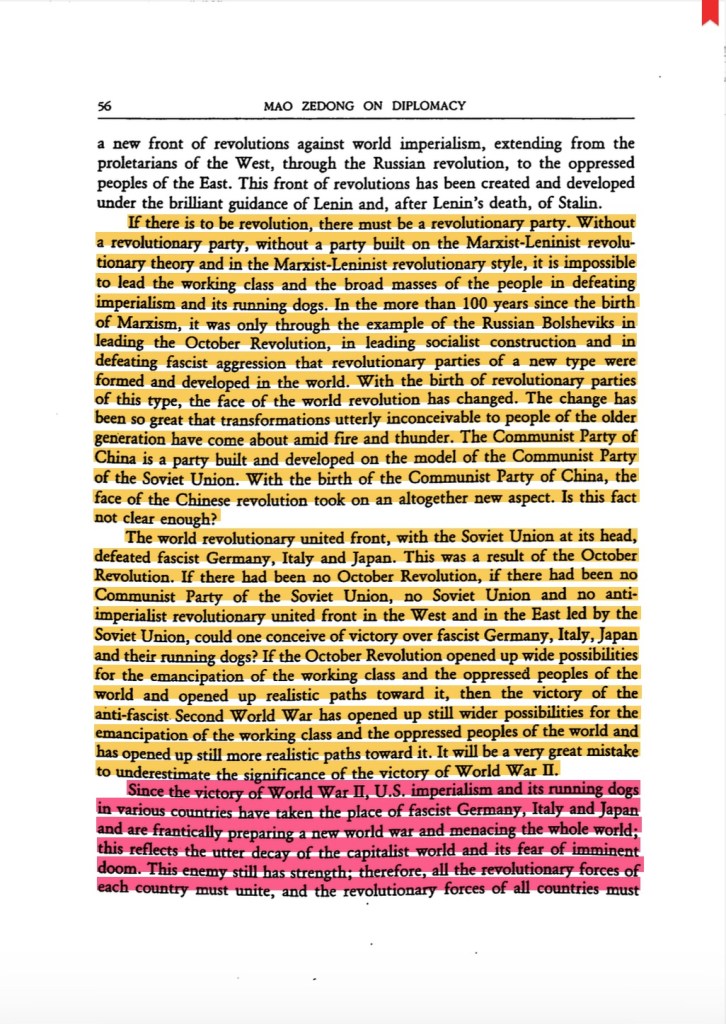
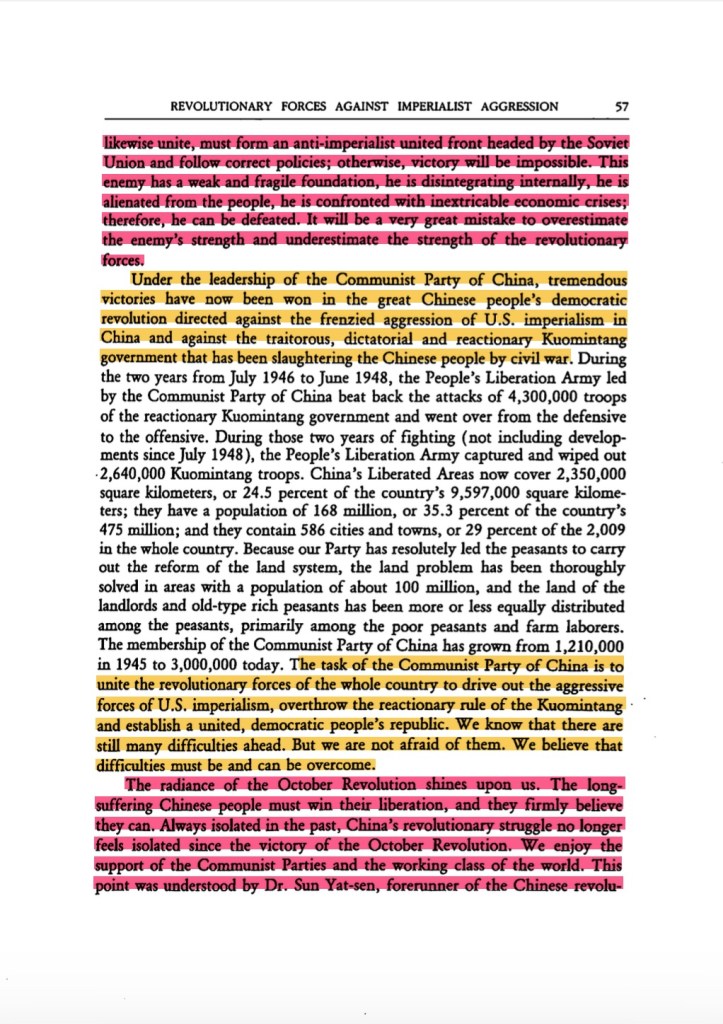
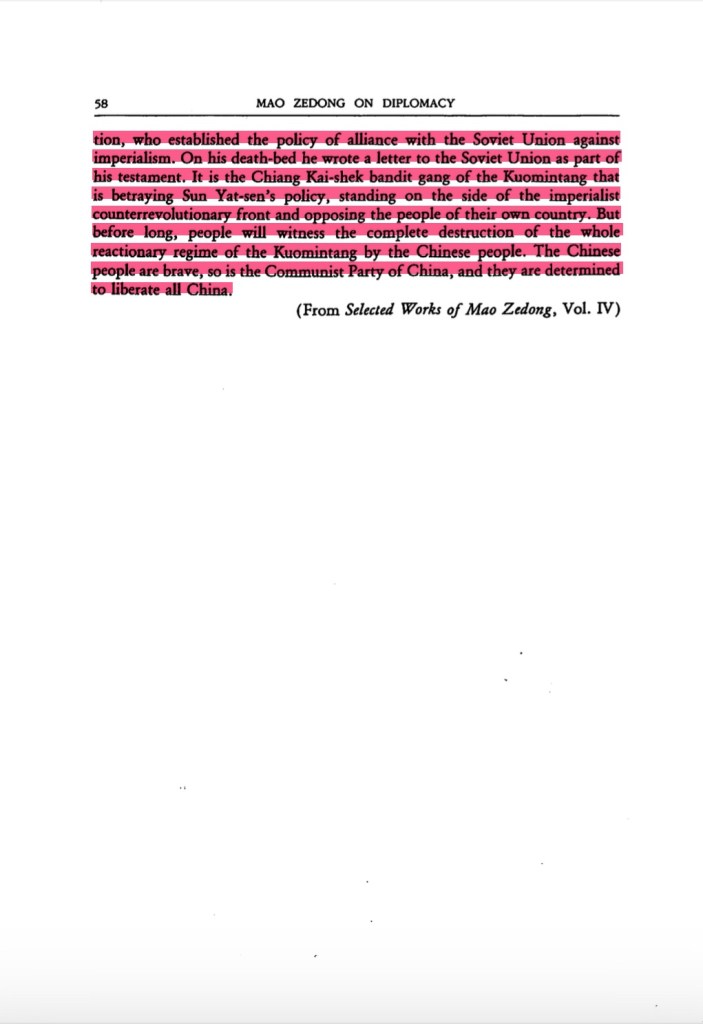

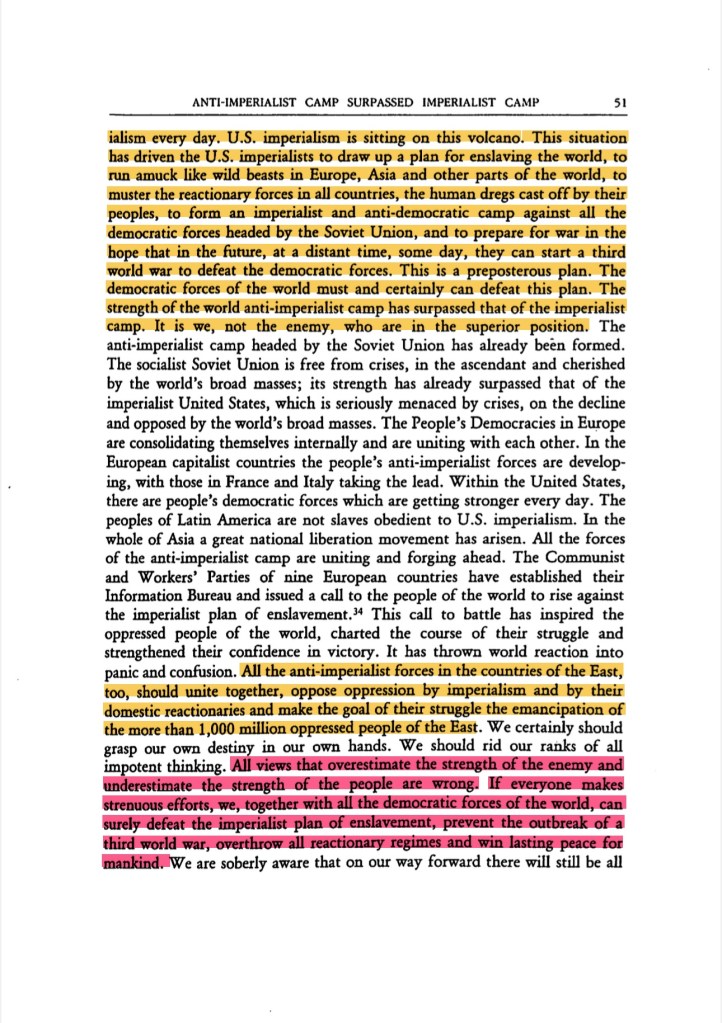
You must be logged in to post a comment.